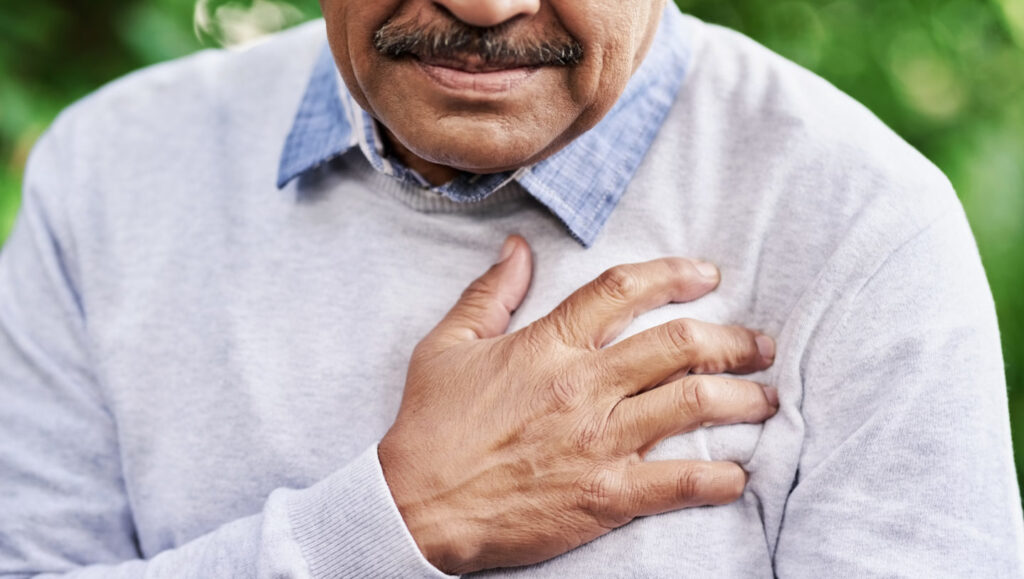
Radiation therapy typically is used to help treat people who have cancer. But now it could be used to help treat people who have heart failure as well, new research shows.
Heart failure, which is when the heart muscle is too weak to generate proper blood flow, increasingly affects older adults. Approximately 10% of men and women aged more than 80 years have heart failure, according to the American Heart Association.
In addition, just under half of those who are hospitalized for the condition end up needing rehab in a long-term care or skilled nursing facility, a Mayo Clinic report found.
A low dose of radiation helped improve heart function in both mice and human test participants with heart failure, according to new research out of the Washington University School of Medicine in St. Louis.
The radiation is targeted at a specific portion of the heart — every part of the heart muscle gets some low-level exposure — and works by reducing inflammatory immune cells, the researchers explained.
“There was concern that it could be harmful to overall heart function, even though it treats dangerous arrhythmia,” study co-author Ali Javaheri, MD, PhD, said in a statement. “We were surprised to find the opposite: Heart function appeared to be improved after radiation therapy, at least in the short term.”
In addition to new AI tools, another recent innovation for heart failure includes a potential drug delivery system that works like a modified insulin pump, the McKnight’s Tech Daily reported this week.
Before radiation treatment for heart failure could become common practice, more follow-up studies are needed on how people react to the treatment over time, and to get a more precise understanding of the process and its effects, the researchers said.
The findings on radiation and heart failure were published in the journal Med on Tuesday.


